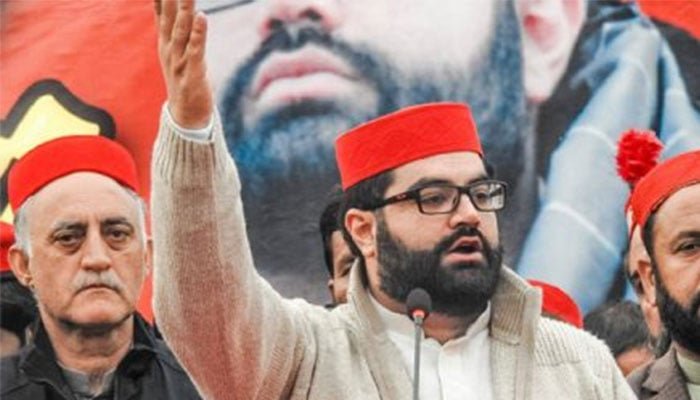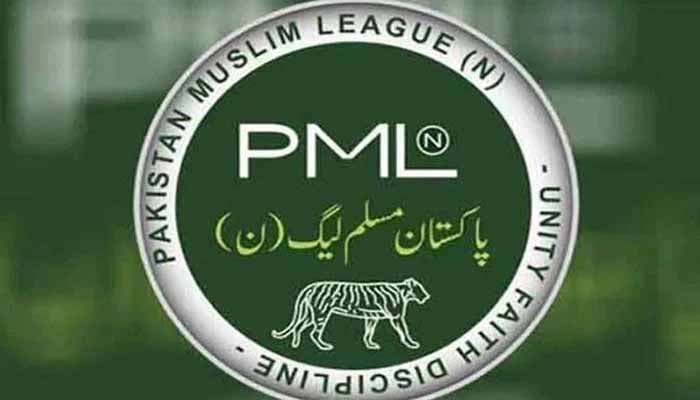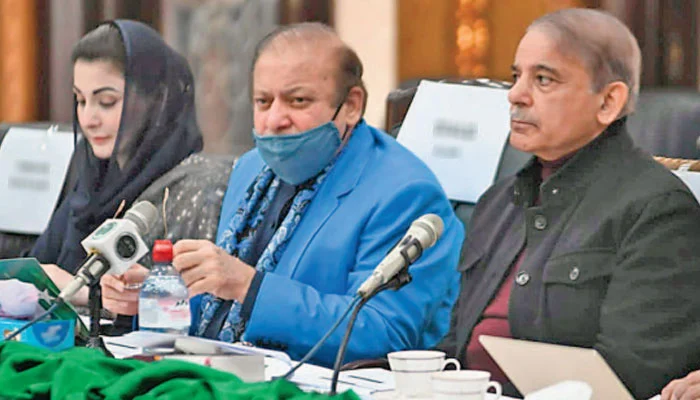Emal Wali Khan, the President of the Awami National Party (ANP) in Khyber Pakhtunkhwa, expressed his discontent over the non-implementation of the 18th Constitutional Amendment, despite 14 years having passed since its enactment. Speaking at a gathering in the Parang area of Charsadda, Khan asserted that the amendment, a crucial aspect of Pakistan’s constitutional framework, has not been put into practice.
Addressing the audience, Emal Wali Khan emphasized that the 18th Amendment is pivotal for ensuring a democratic and participatory governance structure in the country. He voiced concerns over the delay in its implementation, stating that despite the passage of more than a decade, the necessary steps have not been taken to enforce the provisions of this constitutional amendment.
Khan asserted that the people’s lives cannot witness real progress and democratic empowerment without the proper enforcement of the 18th Amendment. He highlighted the significance of parliamentary action in rectifying the weaknesses within the democratic system. By doing so, he conveyed a commitment to addressing shortcomings and strengthening democratic practices in Pakistan.
Moreover, Emal Wali Khan pointed out that the democratic journey of the ANP faced obstacles during the 2013 and 2018 elections. He indicated that their political path was hindered, alluding to challenges and barriers encountered during these electoral processes.
The 18th Constitutional Amendment, passed in 2010 during the tenure of the Pakistan Peoples Party (PPP) government, aimed to devolve powers to the provinces, enhance autonomy, and strengthen democratic governance. It played a crucial role in redistributing legislative subjects between the federal and provincial governments, emphasizing provincial autonomy and improving the overall democratic structure of Pakistan.
Emal Wali Khan’s remarks underscore the continued importance and relevance of the 18th Amendment, urging authorities to ensure its effective implementation. The delay in its enforcement raises questions about the commitment to decentralization, provincial autonomy, and democratic principles in Pakistan’s political landscape. As debates surrounding constitutional amendments persist, Emal Wali Khan’s statements shed light on the need for progress in aligning legislative frameworks with democratic ideals in the country.



